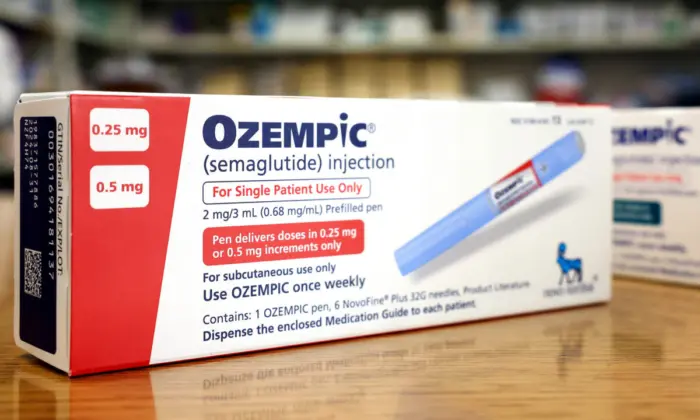A Michigan judge has ruled that the state’s Secretary of State Jocelyn Benson’s guidance last October relating to ballot signature verification wasn’t in compliance with the law and is invalid.
“The standards issued by defendant Benson on October 6, 2020, with respect to signature-matching requirements amounted to a ‘rule’ that should have been promulgated in accordance with the APA,” Christopher Murray, the chief judge from the Michigan Court of Claims, ruled last week in the court order. APA refers to the state’s Administrative Procedures Act.
“And absent compliance with the APA, the ‘rule’ is invalid.”
Michigan Republican Party and Allegan County clerk Robert Genetski had filed the lawsuit on Nov. 2, 2020, against Benson and Jonathan Brater, director of the Michigan Bureau of Elections.
The plaintiffs claimed that the guidance Benson issued last October had violated the APA and should be nullified. They also asked the court to declare that they have the right to request an audit of their choosing, saying the state-wide audit in November didn’t review whether signatures were properly evaluated.
The guidance stated that clerks “must perform their signature verification duties with the presumption that the voter’s application or envelope signature is his or her genuine signature.”
“Nowhere in this state’s election law has the Legislature indicated that signatures are to be presumed valid, nor did the Legislature require that signatures are to be accepted so long as there are any redeeming qualities in the application or return envelope signature as compared with the signature on file,” Murray pointed out.
“Policy determinations like the one at issue—which places a thumb on the scale in favor of a signature’s validity—should be made pursuant to properly promulgated rules under the APA or by the Legislature.”
However, Murray didn’t support the plaintiffs’ claim that they have the right to request an audit.
“For at least two reasons this claim is not supported,” Murray wrote in the order. “First, the constitution speaks of an audit of election results, not signature-matching procedures.”
Secondly, the statute leaves it to the Secretary of State to “prescribe the procedures for election audits” and conduct audits according to the prescribed procedures, Murray said.
Hall is a Republican and was chair of the state House Oversight Committee during the 2019–20 legislative term.
“This is not the role of the Secretary of State, and there is a clear process that must be respected,” Hall said.
State officials and courts, not state legislatures as required by the Constitution, illegally changing election rules and relaxing ballot-integrity protections have been among the main allegations in former President Donald Trump and his campaign’s lawsuit.

“The democrats use the China virus as an excuse to change all of the election rules without the approval of their state legislatures, making it therefore illegal,” Trump said at the Conservative Political Action Conference (CPAC) on Feb. 28. “It had a massive impact on the election.”
Democrats have been saying that Trump’s election fraud claims are false and his legal challenges have all been rejected by the courts. Now Murray’s ruling made an exception.
Benson’s press secretary responded to a question by The Epoch Times saying, “No comment at this time.”






Friends Read Free